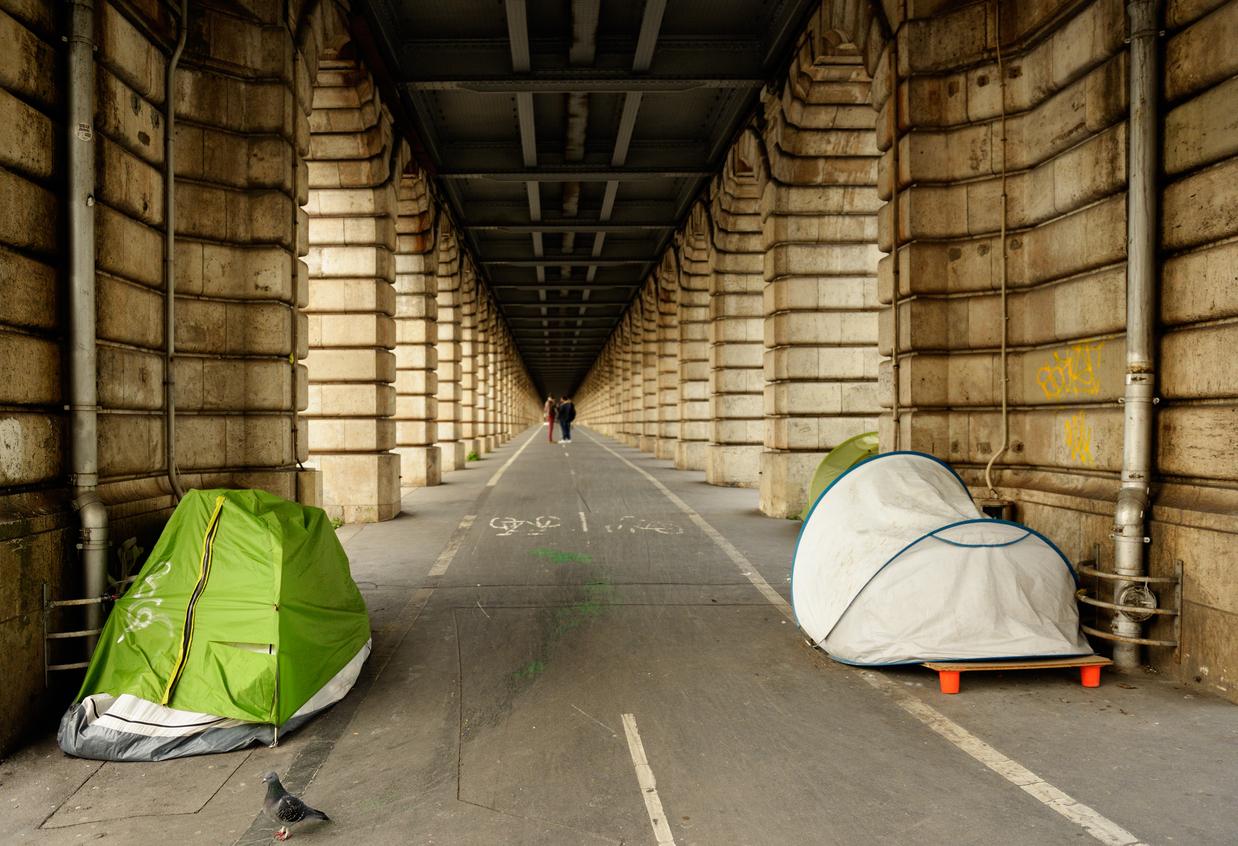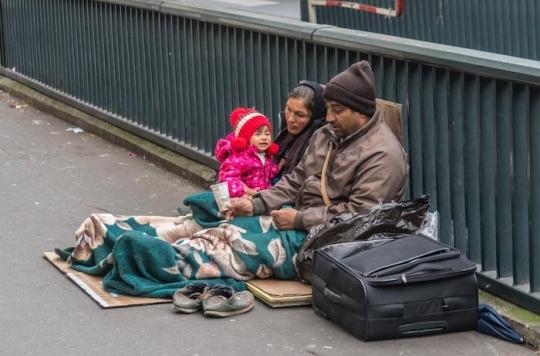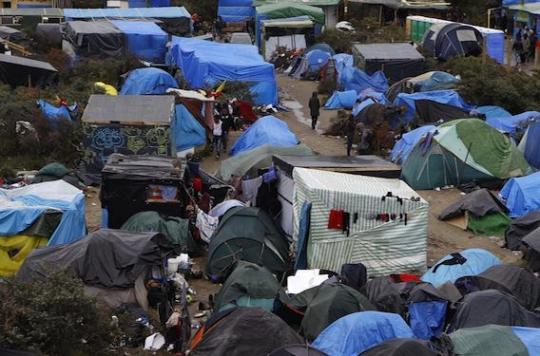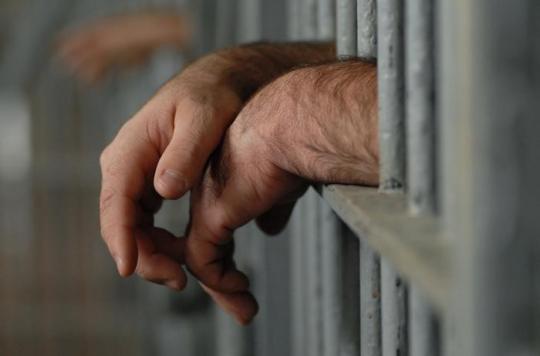In Cairo, prostitutes are used to convince Sudanese migrants to sell their kidneys, according to a study that reveals widespread organ trafficking in the city.

They land in Cairo and they have nothing, except their physical integrity. But this one is worth gold… In Egypt, Sudanese migrants have fallen prey to organ traffickers. A study conducted in the capital and published by the journal British Journal of Criminology reveals the means used by traffickers to convince these refugees in a precarious situation to trade in their kidneys, with the benevolence of the city’s hospitals.
To describe this appalling trafficking, the authors carried out between May and June 2014 a series of in-depth interviews with 27 people – 13 people who sold their kidneys, four “brokers” who approach these refugees, three health professionals and seven members. NGOs. All the “donors” and brokers were Sudanese.
Bullying
The study shows that once they arrive in Cairo, migrants find themselves plunged into a situation of vulnerability such that becoming a “broker” or selling their kidney appears to be an easily conceivable outcome. The “donors” are the subject of solicitations which amount to harassment, we discover in the report.
“They don’t give you time to think about the situation,” explains Hiba, a mother of two, who was chased by brokers for two months before finally agreeing to sell her kidney. They spend their time asking you, reassuring you. They say that everything will be fine, that it is good for you and for your family. They introduced me to a man who had already sold his kidney. They wanted me to see that he was happy. He said he was fine. But he didn’t look good at all ”.
Respondents sold their kidneys for between 30,000 Egyptian pounds (LE) (3,000 euros) and 200,000 LE (20,100 euros). An important difference, which suggests that the Sudanese targeted, especially the new arrivals, are unfamiliar with mercantile realities and are likely to be exploited, notes the report.
Consent
If the exchange does not seem to be done under physical coercion, the authors nevertheless note that the informed consent of these people sometimes seems very limited. From the moment the promise of an organ sale is made, it becomes in fact impossible to retract.
One woman recounts that once at the hospital, she expressed her refusal because the offer no longer corresponded to what had been negotiated, and she feared that the rumors that doctors were removing both kidneys were true. “They didn’t want to let me go. Dr Hakim had my passport. They locked me in the room where they operate and put guards in front. The doctor gave me medicine. I don’t really remember what happened afterwards. I stayed for four days. The broker gave me 40,000 LE and asked me to leave ”.
Prostitutes to “soften the deal”
While half of the donors interviewed in this survey are women, the majority of Sudanese migrants in Cairo are men. However, to facilitate their consent, to “soften the deal” (“sweeten the deal”) brokers have recourse to local prostitution networks.
“Sometimes I get a call and go out there to help people agree on the price,” says Kariem, a broker. It can be difficult to come to an agreement. So I offer them something more… There are some who go to clubs. I know what they want. They want to live a good life, they want to experience what they see [les travailleuses du sexe]… ”
“Kariem, who originally worked as a pimp, used the services of sex workers to influence the negotiation of fees, for both donors and buyers,” note the rapporteurs. A night with a sex worker was offered to encourage sales ”.
“After the operation, donors are taken to an apartment to recover for several weeks,” Kariem continues. (…). A person is sent to them to cook for them and women come to make them feel good ”.
The recipients of this sordid traffic are of course the richest. They come from Saudi Arabia or Europe to be transplanted in Egyptian centers. Kariem remembers a negotiation. “There was a girl who came from France [qui avait besoin d’un rein]. His father contacted me. I saved him a lot of money ”.
.

















